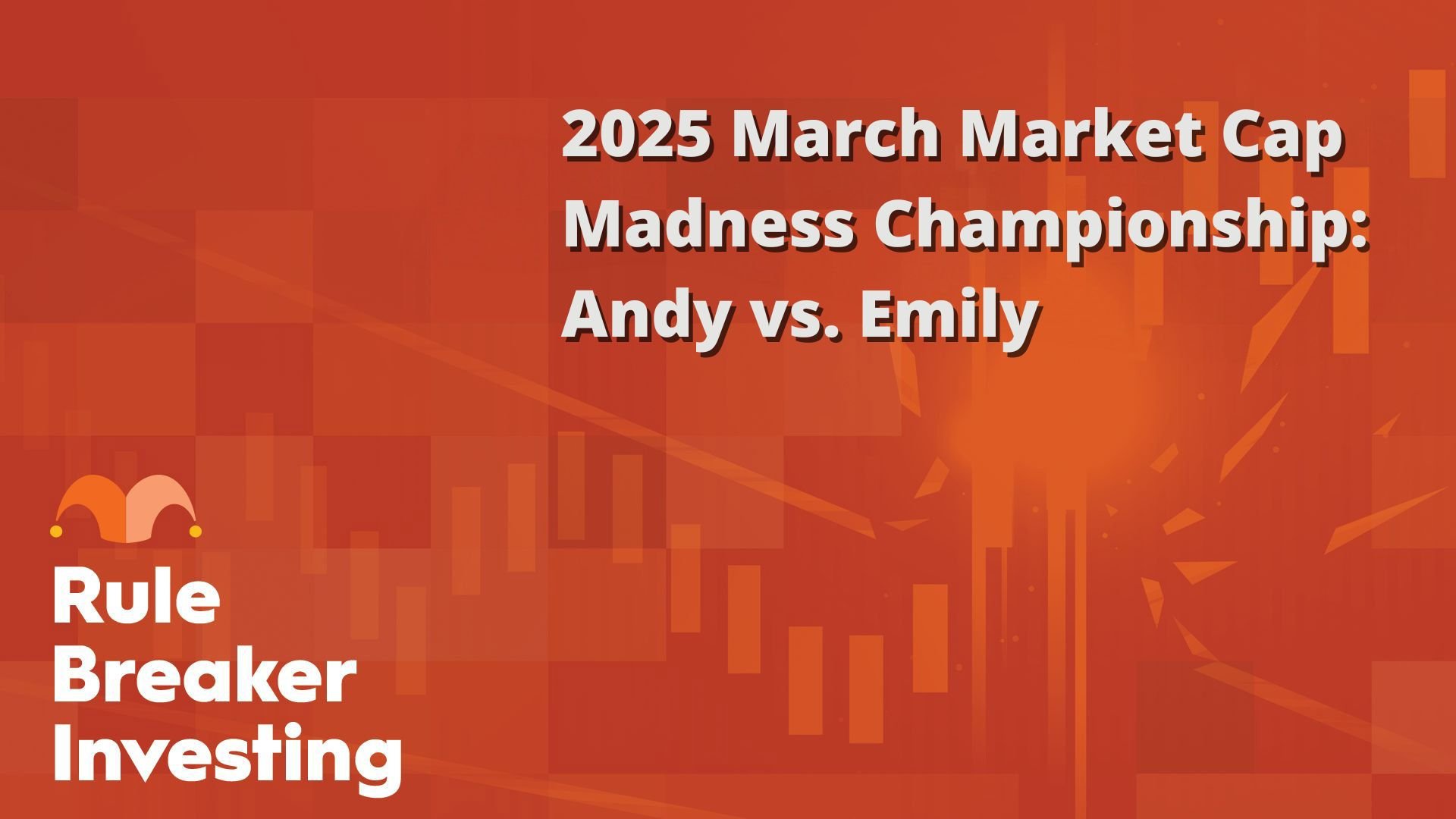There's no doubt about it, Ventas (VTR +1.04%) let its shareholders down with its third-quarter earnings report. The healthcare-focused real estate investment trust's (REIT) actual earnings results weren't bad, but management had made a big promise about 2020 from which it had to backtrack. Understandably, that upset investors.
However, it's important to look at this specific promise and compare the situation at Ventas to "broken promises" made by other companies. After you step back and do this analysis, you'll see that Ventas looks like it's still worth owning... and you'll also get a feeling for what shareholder-friendly companies do and don't do.
News that hurts
Before getting into the situation at Ventas, consider the dividend history of Kinder Morgan (KMI +0.83%). In 2016, the midstream oil and natural gas giant cut its dividend by 75%. Management intended to put the freed-up cash toward their capital investment plans -- and they picked that tactic because the company was highly leveraged relative to its peers and selling stock at that point in time wasn't a great option.
It was, in the end, the right move for Kinder Morgan as a company. And, at this point, the dividend is back in growth mode (though the quarterly payment is still just about half of what it was prior to the cut).

Image source: Getty Images
The real problem, though, traces back to the period prior to that dividend deflation.
On Oct. 21, 2015, Kinder Morgan announced that it was on track to increase the dividend by as much as 10% in 2016. By Dec. 4, however, management was throwing off hints that the dividend might not be as secure as those earlier statements had indicated. And then, on Dec. 8, investors were hit with the news of a 75% dividend reduction. That was a massive change in less than two months. Given this history, it's easy to see why dividend investors might still have serious trust issues with Kinder Morgan.
It would be fair to argue that midstream companies are very different from healthcare REITs. Given that, let's consider an interesting comparison point that's a closer peer to Ventas. HealthPeak Properties, formerly known as HCP, reduced its dividend in late 2016. The move was made in conjunction with the spinoff of the company's struggling nursing home business. The dividend from the newly independent Quality Care Properties was expected to make up the difference, with investors who held both stocks essentially getting the same total dividend as before.
That was a nice plan, but it didn't work out that way. The struggling nursing home operation, perhaps predictably, couldn't support its dividend, and eventually cut it. So HealthPeak investors basically suffered a dividend cut, even though the original REIT can say that it didn't reduce its payout. QCP itself was later acquired, but for investors, the results were painfully similar to those experienced by Kinder shareholders: Dividend investors were left with a bitter taste in their mouths.
What makes HealthPeak all the more interesting as a comparison is that Ventas also spun off its nursing home operation. Only it did so before the business started to struggle and without a dividend reduction. Which is where Ventas' third-quarter misstep comes into play.
Falling flat
Earlier in 2019, Ventas' management had been talking up a "pivot to growth" in 2020, when it believed that senior living facilities would start to see a material uptick in demand and pricing. But when the REIT reported third-quarter 2019 earnings, CEO Debra Cafaro had to tell investors that its forecast had been too optimistic: "Because we will end 2019 and enter 2020 off a lower base, we have also concluded that our enterprise growth will be deferred until after 2020."
The backstory here is that the Baby Boomers are in the midst of transitioning into retirement. That is expected to materially increase demand for senior housing. With that in mind, Ventas has positioned itself to benefit, with a little over half of its net operating income (NOI) dedicated to the space. But roughly 33% of Ventas' NOI is tied to its senior housing operating portfolio. Called "SHOP" in industry lingo, these are assets that Ventas owns and operates (it actually hires third-party businesses to do "operating" part), allowing it to see more revenue when times are good. Unfortunately, the SHOP arrangement also means that Ventas participates in the pain when times aren't so good.
Everyone is aware of the demographic shift taking place, so other companies have been building senior housing assets, too. At this point, the market is oversupplied. Ventas expected a surge in demand to start sopping up that oversupply, but it only got worse in the third quarter. The REIT was, simply put, taken by surprise.
But the arc of this story hasn't changed -- only the timeline. In fact, Ventas highlighted that demand was strong in the quarter, it was just overshadowed by abundant supply. Further, after a long building spree in the space, construction of new facilities has fallen materially. Ventas may have gotten the timing wrong, but it still looks like it's on the correct course.
And, notably, management did not cut the dividend after recognizing its misstep. In fact, given Ventas' payout ratio of just over 80% based on its 2019 adjusted funds from operations (AFFO) guidance, there's no particular reason to worry about the safety of the payout right now. If you extrapolate the run-rate based on the fourth quarter, which is expected to be relatively weak, the payout ratio jumps into the high 80% range. That's more troubling, but Ventas has growth plans in other areas (medical research facilities and office buildings, for example) that should help to offset the hit from its SHOP portfolio. So that worst-case scenario for AFFO seems unlikely, and even if it does come to pass, there's still no reason to expect a dividend cut. Ventas is far more likely to simply operate with tight coverage for a little while.
Its leverage, meanwhile, isn't out of line with its closest peers, so there's no reason to believe it can't muddle through this setback. In other words, its problems look temporary and manageable. Investors definitely should watch the SHOP portfolio's progress. But at this point, there doesn't seem to be a reason to worry that management has done anything more than overhype a turnaround that will now take a little longer than predicted.
Trust is key
At first blush, you can see why investors took a dim view of Ventas' revelation about its senior housing business and the impact that it will have on the company's near-term growth expectations. It dealt a blow to investor trust, to be sure. But the real impact seems much less material. And based on its past successes (the timely nursing home spin-off, for example), Ventas probably deserves the benefit of the doubt.
The true moral of the story, however, is that investors should always take a closer look at the details before blindly following Wall Street's lead on a company. Sometimes, the "bad" news really is bad. Other times, the situation is more nuanced. Long-term investors need to take the time to do a bit more digging and figure out the difference.









